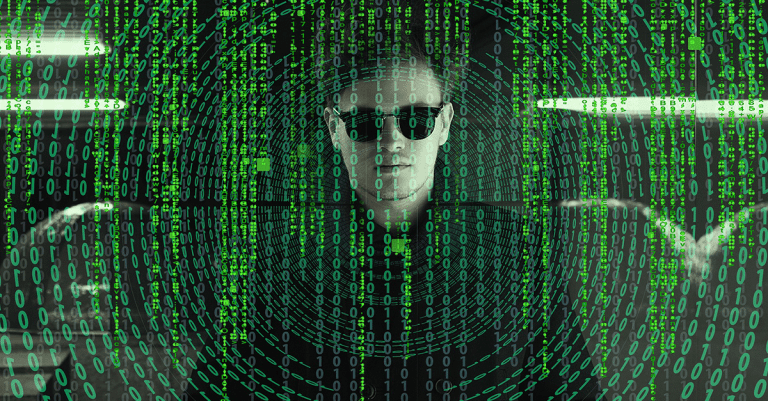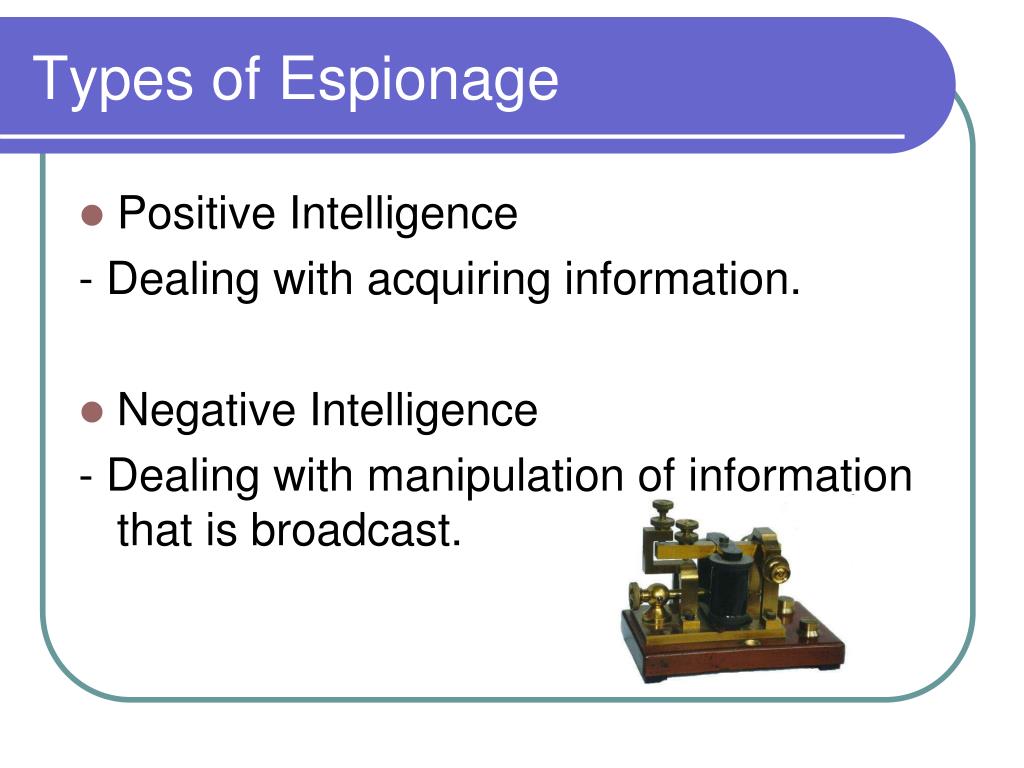
READ MORE: When the US Used Propaganda to Sell Americans on WWI
#Espionage definition quizlet free
Wilson publicly stated that disloyalty to the war effort “must be crushed out” and that disloyal individuals had “sacrificed their right to civil liberties” like free speech and expression. entry into World War I, so it launched a sweeping propaganda campaign to instill hatred of both the German enemy abroad and disloyalty at home. The Wilson administration knew that many Americans were conflicted about the U.S. WATCH: The Last Day of World War I on HISTORY Vault At War with 'Disloyal' SpeechĪ propaganda poster from the US intelligence office during WWI, depicting Kaiser Wilhelm II as a spider. One famous decision penned by Justice Oliver Wendell Holmes introduced the “clear and present danger” test, which he compared to shouting “fire!” in a crowded theater. They were written in an environment of wartime panic and resulted in the arrest and prosecution of more than 2,000 Americans, some of whom were sentenced to 20 years in prison for sedition.Ī handful of those convictions were appealed to the Supreme Court, which upheld the Espionage and Sedition Acts as constitutional limits on free speech in a time of war. The two broadly worded laws of 19 ultimately came to be viewed as some of the most egregious violations of the Constitution’s free speech protections.
#Espionage definition quizlet full
WATCH: Full episodes of The American Presidency with Bill Clinton online now. government or military, or any speech intended to “incite insubordination, disloyalty, mutiny, or refusal of duty.” (These were different and separate from the Alien and Sedition Acts passed in 1798 that were mostly repealed or expired by 1802.) The most vocal dissent came from pacifists, anarchists and socialists, many of whom were Irish, German and Russian immigrants and whose loyalty to America was openly questioned.įearing that anti-war speeches and street pamphlets would undermine the war effort, President Woodrow Wilson and Congress passed two laws, the Espionage Act of 1917 and the Sedition Act of 1918, that criminalized any “disloyal, profane, scurrilous, or abusive language” about the U.S.

It also criminalizes conspiracy to engage in such acts and the harboring or concealing of violators.When the United States finally decided to enter World War I in 1917, there was opposition at home by those who wanted America to remain neutral in the European conflict and groups who actively opposed the draft, the first of its kind in the country. It criminalizes the photographing and publishing or selling of information regarding defense installations and the furnishing of certain classified information against the interests of the United States. The law is currently codified under Title 18 and, as when originally enacted, prohibits acts pertaining to the gathering, transmitting, delivery, or loss of national defense information.

government) passed, some provisions were allowed to expire.

Once war opposition waned and the so-called Red Scare (i.e., fear of a perceived Bolshevik conspiracy to overthrow the U.S. Mitchell Palmer), drew widespread protest and ultimately discredited some high government officials. The disregard of basic civil liberties during these “Palmer raids,” as they came to be known (because of the prominence of Attorney General A. In combination with the Sedition Act of 1918, which amended it, the Act was used as the basis for launching an unprecedented campaign against political radicals, suspected dissidents, left-wing organizations, and aliens.

It served to suppress opposition to the United States entry into World War I by making criticism of U.S. Originally codified under Title 50, criminalized espionage, interfering with military operations and foreign policy, obstructing the newly instituted draft, and encouraging insubordination and disloyalty.


 0 kommentar(er)
0 kommentar(er)
